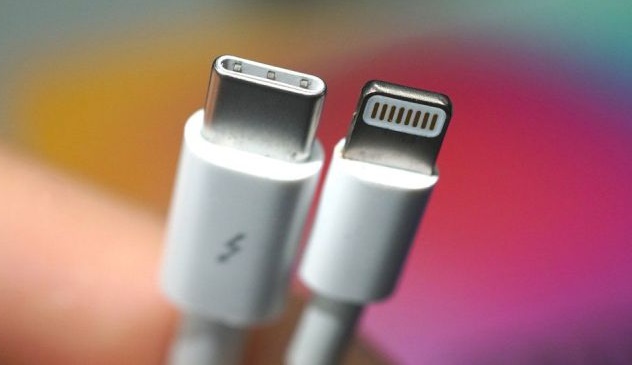That theory has now been bolstered by a recent report by Bloomberg tech journalist Mark Gorman, whose sources claim that Apple is about to change the iPhone's charging port, and even claim that the company is already testing prototypes of its smartphone using USB-C, as well as adapters, which could be similar to the one on the iPhone 7 to connect a 3.5mm wired headphone to the Lightning port.
According to Bloomberg, the adaptor being tested might "enable future USB-C iPhones to function with present Lightning port devices."
According to the Bloomberg story, if Apple continues to change, it will not happen until 2023 at the earliest, which aligns with Ming-Chi Kuo's prediction. So, while Apple intends to preserve the Lightning connector on the iPhone 14, which will be released this year, and where an enhanced Lightning port with USB 3.0 interface rates is predicted, it will transition to USB-C with the debut of the iPhone 15 in 2023 at the earliest.
The reasons for Apple's alleged decision to abandon the Lightning port in favor of USB-C are twofold: on the one hand, the need to comply with European regulations mandating the use of a single charger for smartphones and other devices; and on the other hand, the idea of starting with iPads and Macs, which already have USB-C ports.
If Apple eventually adopts the USB-C port for the iPhone, it will provide some advantages and benefits to its users, as this standard can provide power and data faster than Lightning, and people will no longer need to carry a Lightning cable to charge their iPhone, as they can use the same cable that they use to charge their Android phone; not to mention that this measure will help reduce future e-waste.
